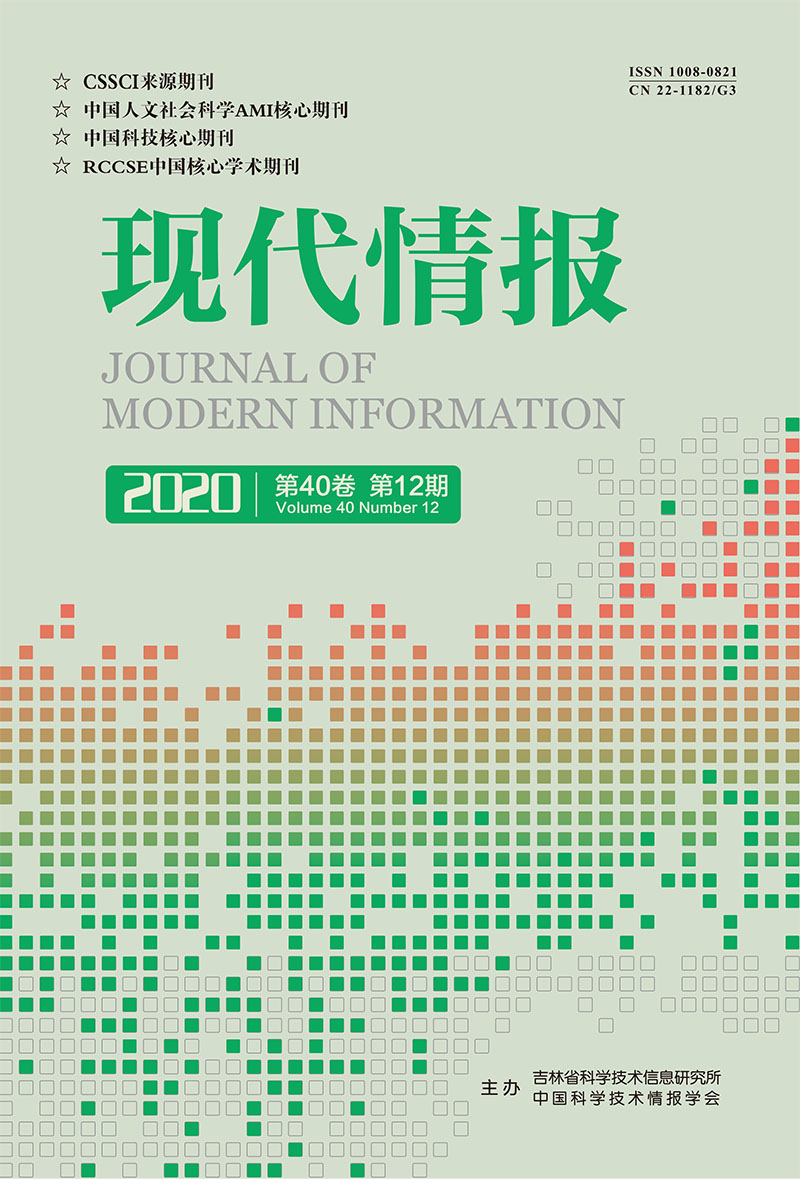Guo Yang, Tan Chunhui, Wang Yiwen
[Purpose/Significance] Virtual academic community has become an important platform for scientific research cooperation,but virtual scientific research cooperation groups are unstable.As stakeholders,all participants in scientific research cooperation expect to maximize their own interests,and there is a game relationship with virtual scientific research cooperation groups.The game analysis of scientific research cooperation behaviors in virtual academic communities is conducive to maintaining and promoting the formation of scientific research cooperation relationships in virtual academic communities.[Method/Process] Based on the hypothesis of rational person,this paper constructed KMRW reputation model to analyze the strategy choice and stability of research cooperation in virtual academic community,and introduced discount factor,incentive factor and punishment factor to further analyze the research cooperation.[Result/Conclusion] The research showed that in the research cooperation of virtual academic community,reputation would have a significant impact on the behavior of research cooperation individuals,while the existence of discount factors,incentive factors and punishment factors would increase the reputation value of research cooperation individuals,and promote the formation of virtual research cooperation groups to reach a balanced state,and accordingly put forward relevant strategies to promote the research cooperation of virtual academic community.
